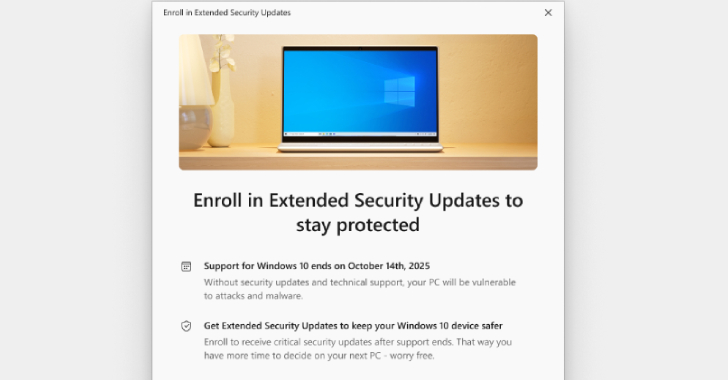Many People Heavily invest in physical security
Investing heavily in physical security while neglecting information or network security can be both inefficient and dangerous for a company. Here’s a detailed look at why this approach can be wasteful and potentially harmful:
1. Mismatch in Threat Landscape
Physical Security vs. Cyber Threats
– Physical Security: Traditional physical security measures, such as padlocks and security guards, protect the physical premises from unauthorized access. They address risks like burglary, vandalism, or physical sabotage.
– Cybersecurity: Network and information security focus on protecting data, systems, and communications from digital threats like hacking, phishing, malware, and data breaches.
Key Issue: The threat landscape has shifted significantly. While physical security remains important, the majority of modern threats are digital. Cybercriminals can access sensitive information from anywhere in the world without needing physical access to a company’s premises.
2. Cost Inefficiencies
High Costs of Physical Security
– Personnel Costs: Hiring and maintaining a team of security guards can be very expensive. This includes salaries, training, and benefits.
– Equipment Costs: Implementing high-grade locks, surveillance systems, and access control systems involves substantial upfront and ongoing maintenance costs.
Low Cost of Cybersecurity Solutions:
– Investments in IT Security: Many effective cybersecurity measures, such as encryption, firewalls, and anti-malware software, are relatively cost-effective compared to physical security systems. The cost of a data breach can far exceed the cost of investing in robust cybersecurity.
Key Issue: By prioritizing physical security over cybersecurity, companies may be spending disproportionately on outdated and less effective measures while neglecting the more relevant and potentially catastrophic digital threats.
3. Ineffectiveness in Mitigating Modern Risks
Limitations of Physical Security
– Data Theft: A padlock and a security guard cannot protect against data breaches that occur through network vulnerabilities. Sensitive information can be stolen remotely through cyber attacks without breaching physical barriers.
– Employee Misuse: Insiders with legitimate physical access to the facility might still commit data theft or fraud.
Effectiveness of Cybersecurity:
– Comprehensive Protection: Cybersecurity strategies include monitoring network traffic, detecting anomalies, and responding to threats in real-time. These measures are specifically designed to protect against the most common and dangerous types of modern attacks.
Key Issue: Physical security alone cannot address the full range of threats that companies face today. A comprehensive approach that includes both physical and cybersecurity is necessary to adequately protect a company’s assets.
4. Regulatory and Compliance Risks
Legal and Regulatory Requirements
– Compliance: Many industries are subject to regulations that mandate robust information security measures, such as GDPR for personal data protection, HIPAA for healthcare information, and PCI-DSS for payment card data.
– Penalties: Failing to comply with these regulations due to inadequate information security can result in substantial fines and legal liabilities.
Key Issue: Investing heavily in physical security without addressing information security can lead to non-compliance with legal and regulatory requirements, resulting in legal penalties and reputational damage.
5. Reputational Damage
Impact of Data Breaches
– Customer Trust: Data breaches can erode customer trust and lead to a loss of business. Customers expect companies to protect their personal and financial information.
– Brand Damage: High-profile breaches can damage a company’s reputation, leading to long-term consequences far beyond immediate financial losses.
Key Issue: While physical security breaches might be contained and managed locally, a data breach or cyber attack can have widespread repercussions, affecting customer trust and brand reputation on a global scale.
6. Ineffectiveness in Modern Business Operations
Digital Integration
– Cloud Services: Many businesses rely heavily on cloud services and remote work, where physical security is less relevant compared to the security of digital assets.
– Data-Driven Decisions: Businesses increasingly depend on digital data for decision-making and operations, making the protection of this data critical.
Key Issue: As businesses evolve and integrate more digital technologies, the importance of information security grows. Focusing only on physical security can leave critical digital assets vulnerable.
Conclusion
Investing heavily in physical security without addressing information or network security is wasteful because it fails to address the primary risks faced by modern businesses. While physical security is important, it does not adequately protect against the prevalent and often more damaging threats in the digital realm. A balanced approach that incorporates both physical and information security is essential for comprehensive protection and efficient use of resources.










